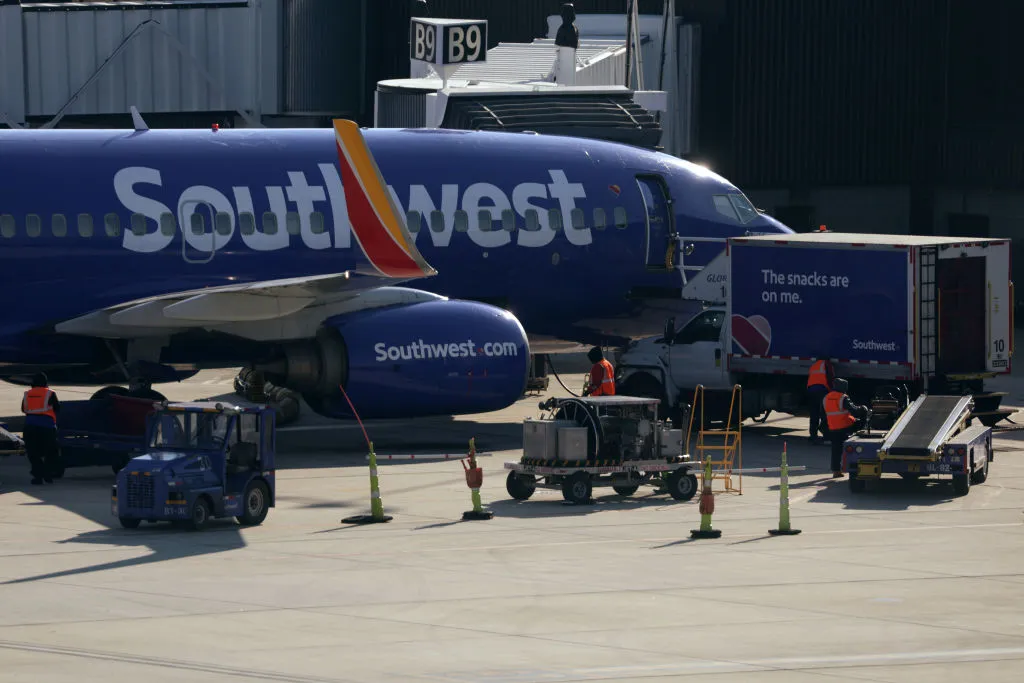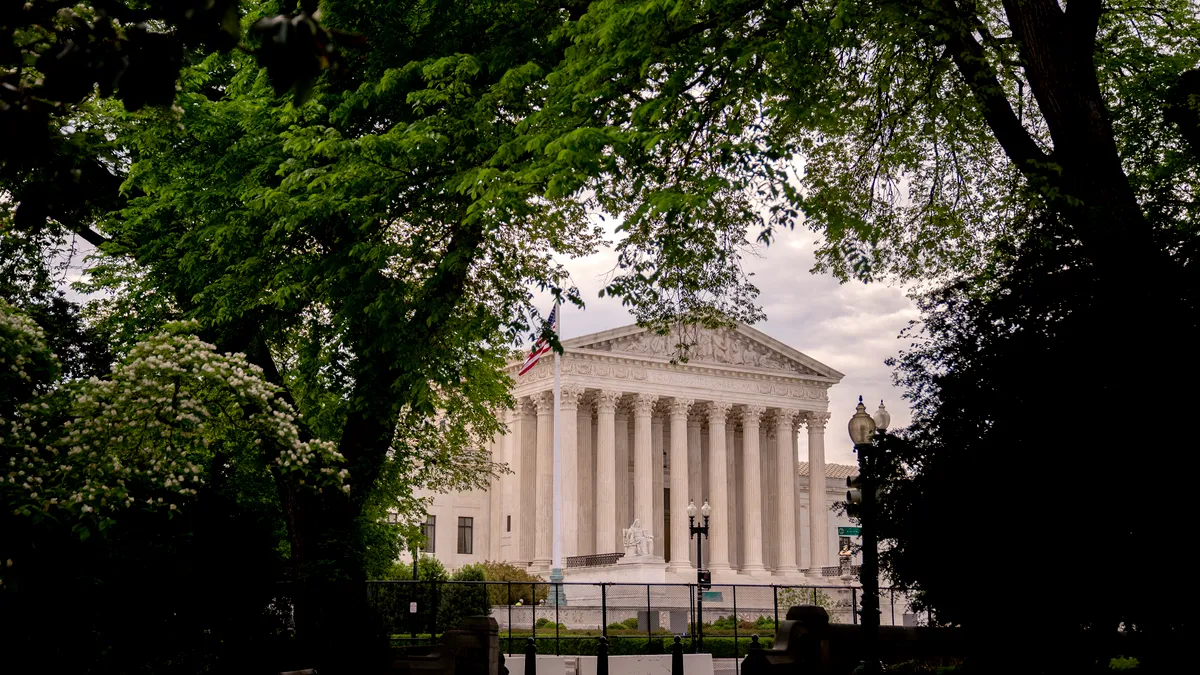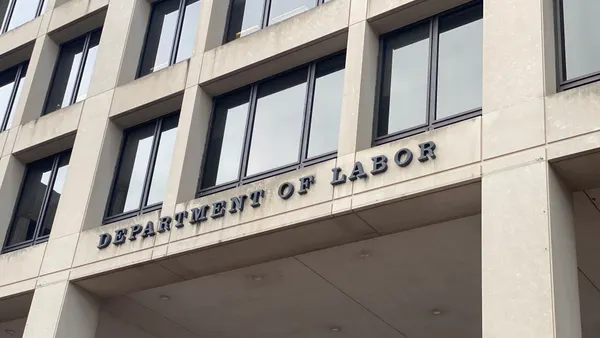The U.S. Supreme Court’s 2021-2022 term is poised to go down as one of its most historic. Its landmark decisions in areas such as abortion access and gun ownership are likely to significantly impact organizations, including HR teams.
In addition to those, the high court issued three decisions concerning arbitration in an employment context. A unanimous court handed down the first, Morgan v. Sundance, Inc., in May, when the justices rejected arbitration-specific procedural rules created by federal courts.
The case came from the 8th U.S. Circuit Court of Appeals and concerned whether a Taco Bell franchisee waived its right to arbitrate an employee’s wage and hour claims after waiting months to compel arbitration. The 8th Circuit, in a reversal of a lower court’s decision, determined that the employee had failed to show that her employer prejudiced her by acting inconsistently in invoking its arbitration agreement with her.
But the Supreme Court held that the Federal Arbitration Act’s “policy favoring arbitration” did not permit courts to invent arbitration-specific rules such as the prejudice requirement upon which the 8th Circuit relied.
Morgan is a “very narrow ruling,” said Richard Silberberg, partner at Dorsey & Whitney, but it nonetheless showed that the court saw an opportunity to rein in lower courts’ previous rulings with respect to arbitration.
“Lower courts had kind of invented this prejudice requirement,” Silberberg said, adding that he did not expect the factual scenario raised in Morgan to arise with much frequency. “Most employers who have arbitration agreements … they don’t sit around and wait to enforce those agreements like [Sundance, Inc.] did.”
The court issued a similarly narrow decision weeks later in Southwest Airlines v. Saxon, Silberberg said. The unanimous court held that a ramp supervisor for the airline, who frequently loaded and unloaded cargo on and off planes that traveled across the country, belonged to a class of workers engaged in foreign or interstate commerce, and were therefore exempt from coverage under the FAA.
Saxon involved two parties presenting two very divergent positions, Silberberg said, with petitioner Southwest Airlines taking the position that the FAA’s exemption should only be available to employees who are involved in interstate commerce on a daily basis. Counsel for the ramp supervisor, meanwhile, argued that all airline workers should be subject to this exemption.
The court said neither party was correct, Silberberg said. “Some [employees] who fit the criteria of the plaintiff in Saxon, these folks are likely not going to be bound by arbitration agreements. Other people who work for airlines — a ticket agent, for example, or a gate agent, somebody who takes luggage curbside and delivers it to the ticket counter — the likelihood is that these folks would be bound by their agreements.”

Beyond the court’s primary holding regarding the exemption of certain employees under the FAA, Silberberg noted two other areas of interest of the Saxon decision. The first involved a footnote by Justice Clarence Thomas, who delivered the court’s opinion, referencing a class of workers that “carries out duties further removed from the channels of interstate commerce or the actual crossing of borders.” Thomas specifically cited lower court decisions involving “last leg” delivery drivers for Amazon and food delivery drivers for Grubhub.
Thomas effectively sidestepped these issues, Silberberg said, writing that the court “need not address” questions related to such workers in order to resolve the issues presented in Saxon.
Second, employers also may note that the Saxon decision deals only with cases in which an agreement between parties is governed by the FAA, per Silberberg, which may present an opportunity for employers to restructure their arbitration agreements so as to be governed by state laws.
For example, the Uniform Arbitration Act, which Silberberg said has been adopted by several states, does not contain exemptions for transportation workers.
A ‘stunning’ decision on claims under California’s Private Attorneys General Act
On June 15, the high court delivered what is perhaps the most notable of its three recent arbitration decisions in Viking River Cruises v. Moriana.
Viking River concerned California’s Private Attorneys General Act, a 2004 law that enlists employees as private attorneys general to enforce California law. In the case, an employee of Viking River Cruises alleged violations of the state’s labor code on behalf of herself while also asserting a series of violations allegedly sustained by other employees of the company.
The employee’s employment contract with Viking River Cruises contained a mandatory arbitration agreement that itself contained a class-action waiver, which provided that the parties could not bring a dispute as a class, collective or representative action under the PAGA. It also contained a severability clause stating that, should the waiver be found invalid, such a dispute would presumably be litigated in court. The clause also stated that any portion of the waiver that remained valid would be enforced in arbitration.
Viking River Cruises moved to compel arbitration of the employee’s individual PAGA claim and dismissed her other PAGA claims of alleged violations by Viking River against co-workers, but a lower court denied the employer’s motion. Utilizing an existing California precedent, the lower court held that categorical waivers of the PAGA were contrary to state law and that such claims could not be split into arbitrable individual claims and nonarbitrable representative claims.
In an 8-1 ruling, the Supreme Court reversed and remanded, finding that the FAA preempted the California precedent cited by lower courts insofar as the precedent stated that PAGA claims could not be divided into individual and nonindividual claims by an arbitration agreement. However, the court held that the same precedent’s prohibition on wholesale waivers of PAGA claims is not preempted by the FAA.
The court also acknowledged that, because this interpretation effectively meant that Viking River Cruises could compel arbitration of the employee’s individual PAGA claim, the employee would lack standing to maintain her representative claims.
“PAGA provides no mechanism to enable a court to adjudicate nonindividual PAGA claims once an individual claim has been committed to a separate proceeding,” the court said. “And under PAGA’s standing requirement, a plaintiff has standing to maintain nonindividual PAGA claims in an action only by virtue of also maintaining an individual claim in that action. As a result, [the Viking River employee] would lack statutory standing to maintain her nonindividual claims in court, and the correct course was to dismiss her remaining claims.”
Silberberg said that this aspect of the court’s decision was “very surprising” due to the way in which it delved into state law jurisprudence. “I thought it was a stunning decision,” he added. “As it stands now, it would be very difficult to envision a situation where there’s an arbitration agreement and an individual were able to assert a PAGA claim on behalf of an individual or on behalf of others.”
Laura Reathaford, partner at the Los Angeles office of Lathrop GPM, similarly noted that the Viking River decision was “a lot more complicated than most people expected or wanted,” but that it nonetheless represented a “big win” for employers in the state with arbitration agreements. “They can force a plaintiff to arbitrate on an individual basis,” Reathaford said. “The threat has been eliminated.”
That is significant given the frequency with which PAGA claims have been filed in California following the Supreme Court’s 2011 decision in AT&T Mobility v. Concepcion, in which the court stated that federal law permitted class-action waivers in arbitration agreements. “Class actions kind of diminished to some degree” following Concepcion, Reathaford said, “but PAGA claims became the case du jure.”
Still, state legislators may be able to correct issues within the PAGA identified by the Supreme Court in Viking River. “If this Court’s understanding is right, the California Legislature is free to modify the scope of statutory standing under PAGA within state and federal constitutional limits,” noted Justice Sonia Sotomayor in a concurring opinion.
Effectively, that means California could amend the PAGA to create a standing to represent others in representative PAGA claims, Silberberg said; “This is not the last word on the subject.”













